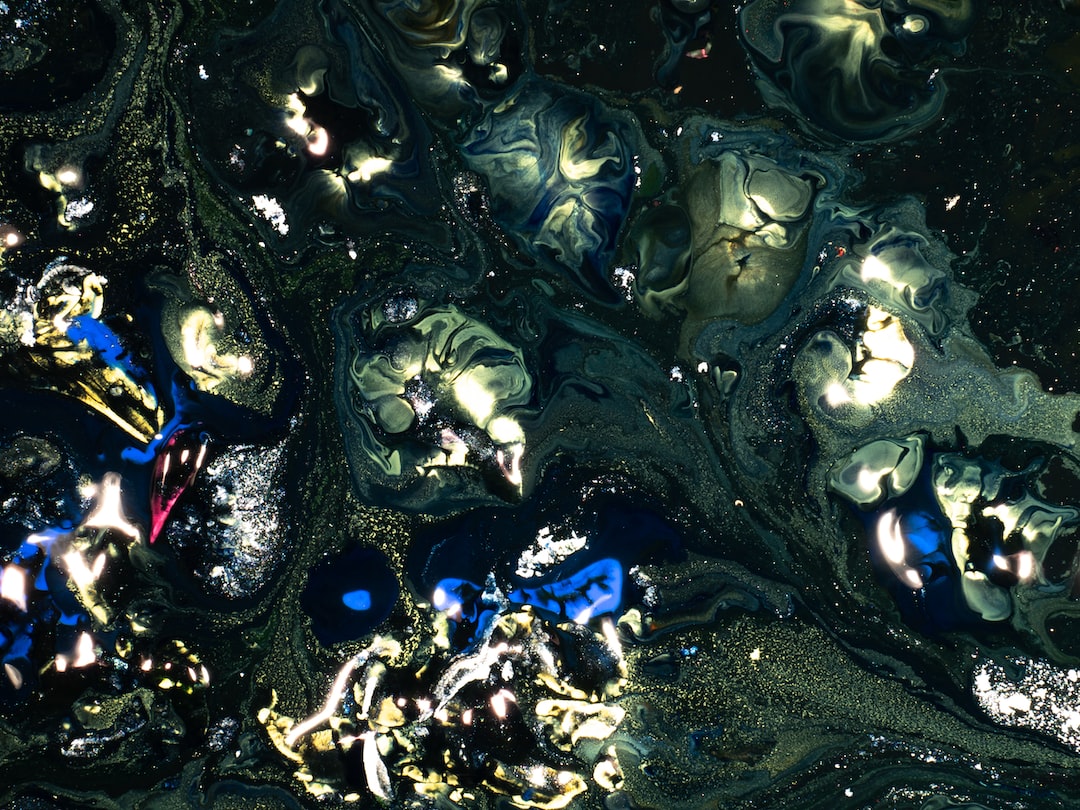Art Therapy is a form of psychotherapy that uses artmaking as an expressive medium to bring about therapeutic change. Art therapy has been used since the early 20th century, but it has gained popularity in recent years, especially in mental health treatment. Art therapy can be used to help individuals of all ages, especially children, who have mental health challenges that interfere with their daily lives.
Art therapy provides a safe and non-judgmental space for individuals to express and explore their emotions, thoughts, and experiences through the process of creating art. The art therapist helps the individual create art that reflects their inner world, and then the therapist interprets the art with the individual to shed more light on the individual’s emotional state. This process helps individuals communicate their emotional and psychological needs, which can then be used to create effective treatment plans.
The role of art therapy in mental health is to help people cope with their symptoms, develop self-awareness, and facilitate positive change. Art therapy provides an alternative method of self-expression for people who may struggle to vocalize their emotions. It also helps individuals improve their mood and self-esteem, reduce anxiety and stress levels, and manage their symptoms of depression.
Art therapy is an effective way of addressing complex issues, such as trauma-related disorders. Individuals who have experienced trauma often struggle to articulate their experiences or cope with the emotions that come with them. Art therapy can help them connect with their emotions, process their experiences, and develop tools to manage their symptoms.
The use of art therapy in mental health is not restricted to therapy sessions. It is also used widely in hospitals and clinics as part of the treatment programs for conditions such as cancer, Alzheimer’s, and dementia. Art therapy has been shown to improve the quality of life for people living with these conditions by reducing stress levels, promoting relaxation, and providing a sense of accomplishment.
Art therapy also offers individuals the opportunity to explore different themes, such as identity, relationships, and spirituality. Art therapy is a holistic approach to mental healthcare, where individuals are treated as whole people, not just a collection of symptoms.
Art therapy continues to grow in popularity as more people recognize its potential as an effective mental health treatment. It is an evidence-based approach that has been shown to improve psychological functioning and emotional well-being across a wide variety of populations. The role of art therapy in mental health is an essential one, and it is likely to continue to be an integral component of treatment programs well into the future.
